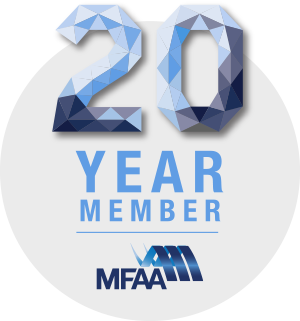How much can I borrow?
Before you start saving, you will need to know how much you can borrow. This not only determines how much you need to save, but also what you can afford. Speak to us to find out your exact borrowing power.

What are the costs?
Before you can even think about moving into your new home, there are a number of costs you need to consider. Paying upfront costs can eat into your deposit, so you usually need to save more to be able to afford both a deposit and the upfront costs
There are major ones to look out for.
Stamp duty.
Lender’s Mortgage Insurance
Bank and government fees and charges. E.g. mortgage registration fee
Conveyancer costs.
Your deposit
A small deposit definitely allows you to purchase a home, but can end up costing you more in the long run. If you have saved less than 20% of the property’s value, you will need to pay
Lenders’ Mortgage Insurance (LMI).
If you have a bigger deposit (above 20%), you don’t need to worry about paying LMI.
This reduces your total loan amount meaning you’ll save on interest and have lower repayments.
Anything you can do to avoid LMI is worth it, as adding this onto your loan will cost you a fair bit in interest over the course of 30 years.
The First Home Owners Grant (FHOG) can help replenish your savings. It’s a grant funded by the states and territories to encourage first home buyers into the market. You only qualify for the grant if you meet certain criteria.
Your budget
Once you’ve calculated your upfront costs and a deposit, you can then set up a weekly budget and set long term goals. A good budget should outline what income you are earning, how much you are spending and how much is leftover on a weekly or monthly bases. To achieve your home buying goals, simply divide how much you need to save by the amount you can feasibly save each month. For example, if you need to save $50,000 and you can save $2,000 per month, you know it will take you 25 months to save up enough money. This knowledge is very powerful and motivating. For most people, saving for a deposit is a painful task but it’s worth it in the end when you walk into your home for the first time.
Look at a savings or term deposit
Look for high interest savings accounts where you are rewarded with extra interest for regular savings habits. Not only will this help you achieve your goals sooner, it gives you an incentive to stay away from the money. Another option is a long term deposit. You will earn higher interest rates and won’t be able to touch the money, even when something tempting comes along!
Choosing the right home loan structure
Once you calculate your borrowing power, upfront costs, deposit, and your budget, you’ll need to talk to a broker about your home loan. The advantage of using a Smartline Rockingham mortgage specialist is that we scour the market for the latest deals. All the negotiation is handled on our side, so you can usually access special offers and interest rates.
Feel free to get in touch to talk about your personal circumstances. We can help you will all these calculations and lay out a plan so that you can own your home sooner.

